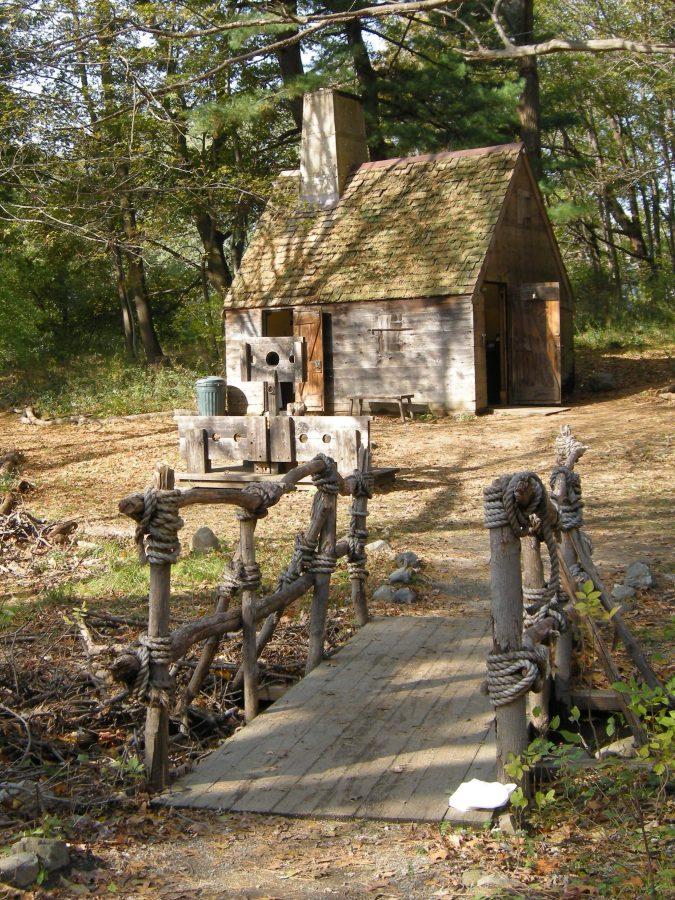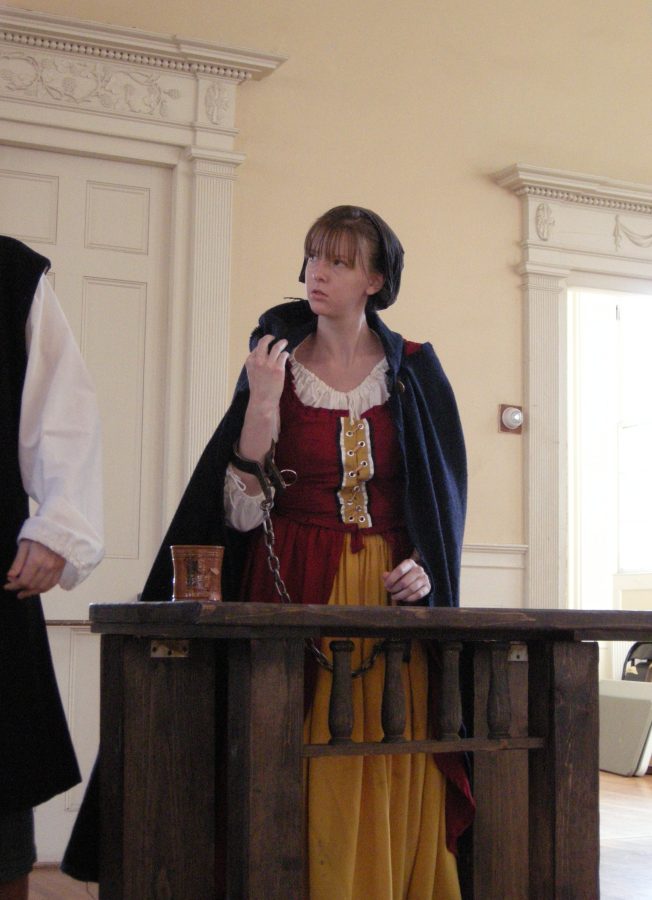In Salem, the month of October can be wild. We’re not talking “accusing girls” wild. We’re talking “tourist season” wild.
Tourism is an essential part of the economy of many towns and cities in America. But what is the price of this exchange? In a place like Salem, the price is truth. Or at least history.
In 1692, a number of girls in Salem Village began to accuse their neighbors of witchcraft. You might have heard the story. Many years later, Salem became synonymous with its nickname “The Witch City.” Residents of the area, which includes Salem, Beverly, Danvers, Peabody, and Lynn, know beyond the shadow of a doubt what is the busiest time of the year. Is it the picturesque summer season? No. The glorious fall season? Not in its entirety. It is the weeks leading up to Halloween—absolutely and unquestionably.
By contrast, in the first few centuries after 1692, the witchcraft trials were not looked upon kindly. Given that the trials resulted in the deaths of 20 members of the Salem community, this is unsurprising. The trials ripped apart a community that had already been besieged by a fundamental part of pioneer life: fear. Fear of discontinued support from England (officially renewed just before the trials), and fear of Native American attacks, to name a few.
In the years following 1692, Salem Village even changed its name. We know it now as Danvers. Today’s Salem is actually old Salem Town. It was not the focal point of the trials. Do Danvers residents feel like they’re missing out on the revenue the “Witch City” brings in? I doubt it.
And yet, the motivation to embrace its current identity was powerful at one point. In the mid-20th century, Salem, like some other American cities, was struggling economically. It was around this time the kitschy witch economy emerged.
Today, the tourist activity around Salem immobilizes traffic for miles around its downtown. For a month, locals give up on street parking entirely. Community groups, churches, and interested locals fret over the darker pall that can hang over some events. Because even in today’s times, it’s not all kitsch.
While Wicca, and other groups that purportedly practice real witchcraft, have some latitude in Salem, it is not these groups that have the most grounds for concern. Instead, in an era of greater intolerance, ignorance, and fear of strangers, is has become increasingly dangerous to “make fun” of something that was once, historically, “dead serious.”
In 1992, on the 300th anniversary of the Salem Witch Trials, Elie Wiesel was invited to speak at a ceremony that dedicated a new memorial to the victims of the trials. Wiesel is the author of the book “Night,” which details his experiences in Nazi Germany’s concentration camps during World War II. When he was invited to give the speech, Wiesel asked himself, “Why me?”
Although there were many reasons to consider Wiesel, a Nobel Peace Prize winner, for the speech, I imagine city officials recognized that Wiesel himself had been a victim once. And while it was not asked of him, and though it appears he himself did not see it this way, I imagine it’s possible he spoke that day for the victims whose voices were silenced 325 years ago.
In his speech, Wiesel repeated the message that had won him the Nobel Prize: intolerance is intolerable. Differences are real, but they are not grounds for killing each other. Fear whipped up into frenzied hysteria always has terrible consequences.
So, this Halloween, go to Salem. But when you do, go to the Salem Witch Trial memorial. Think about which side of history you want to be on.
An actor plays Bridget Bishop, a woman accused and hung for witchcraft, in the ongoing production of "Cry Innocent!" a historical and interactive play happening in downtown Salem daily through Oct. 31.






















































